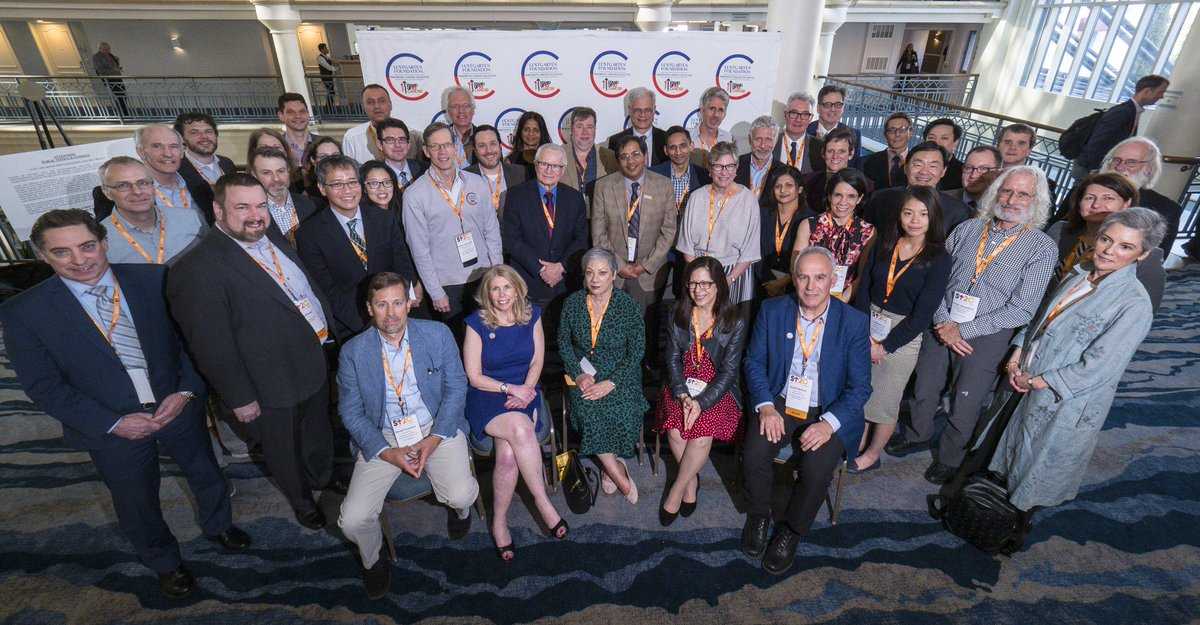Stand Up To Cancer Summit
Topic: The Researchers

Leading Cancer Researchers Coming Together to Collaborate
Stand Up To Cancer (SU2C) hosted its 9th annual Scientific Summit in Santa Monica, CA where all of its funded researchers gather to provide updates, new grants are awarded and proposals are reviewed. It’s a dynamic and inspiriting three days where more than 300 top scientists come together to discuss breakthroughs and updates in cancer research.
The Lustgarten Foundation is proud to be a part of this important meeting. Since 2012, we have built a robust and illustrious collaboration with SU2C, jointly funding 209 investigators across 31 leading research centers in both the United States and the United Kingdom, which is now the Pancreatic Cancer Collective.
The Collective scientists — comprised of 14 teams (three dream teams, nine research teams and two convergence teams) are investigating pancreatic cancer in the field of immunotherapy, early detection, interception and new therapies. Two invited speakers, Dr. Brian Wolpin, head of our dedicated research lab at Dana Farber, and Dr. David Ryan, medical oncologist at Mass General Hospital and leader of one of the research teams, shared their novel data about a model risk for pancreatic cancer and the first pancreatic cancer clinical trial enrolling patients to be treated at home.
Additionally, during the summit, the Collective grants review committee evaluated proposals for Computational Approaches to Identifying High-Risk Pancreatic Cancer Populations with the goal of awarding two new grants. The funding will help to develop tools to identify individuals in the general population who are at high risk for pancreatic cancer far earlier than they would otherwise be diagnosed, using information from existing health records.
One Team was selected to identify high risk cohorts through molecular and genetic data identifying new and accessible ways to identify high risk individuals and the other team will identify high risk cohorts through real world data. The winners of these important new grants will be announced in the spring of 2019.
In case you missed it, check out the Facebook live from the Summit that was hosted by our chief scientist Dr. David Tuveson,

